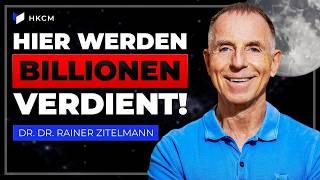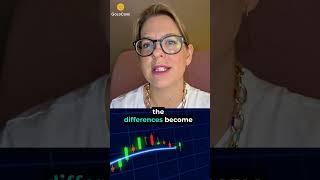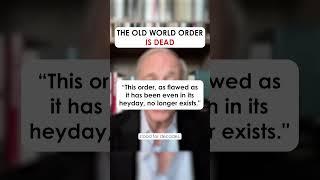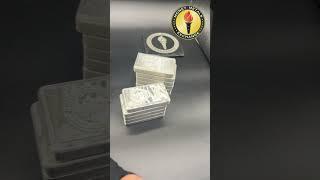| Zombie companies need cheap money to survive. Cheap money is a thing of the past, and casualties are piling up. It’s a familiar script: borrow money to fund growth, and compete on price. That business model fails when interest rates rise quickly. As debt-burdened, low-cost providers get squeezed by higher rates, more will fail. The irony is that culling weak companies may actually be inflationary—a knock-on effect the Fed will not welcome. My guest this week is a Mauldin Economics favorite—Barry Habib of Highway.ai. Barry is concerned about the Fed’s approach to data. He fears it is looking for clues in the rear-view mirror. Looking ahead and extrapolating trends would give the Fed a better perspective and less incentive to raise rates. There are a lot of variables in the real estate market that influence the relationship between rates and prices, and Barry and I cover them in our conversation. You can learn more about Barry and his excellent mortgage and real estate research here: https://www.highway.ai/ Stay informed on the big trends by subscribing to Global Macro Update here: https://www.mauldineconomics.com/go/JM499Z15/YTB Please stay in touch by following me on Twitter @EdDAgostino: https://twitter.com/EdDAgostino Time stamps: 0:36 The rise of Zombie companies as Fed actions start to break things. 4:20 The staggering number of publicly traded zombie companies and why their demise could be inflationary. 6:18 Why progress on inflation will slow, and the role of housing in the CPI. 13:52 New construction and the impact on rent prices. 15:47 Why housing prices will not come down. 18:20 The outlook for interest and mortgage rates. 24:40 The downsizing and return-to-work trends and the housing market. 32:38 How over $100 billion in new government bond issuance could affect interest rates. |
Tags: Featured

























3 pings